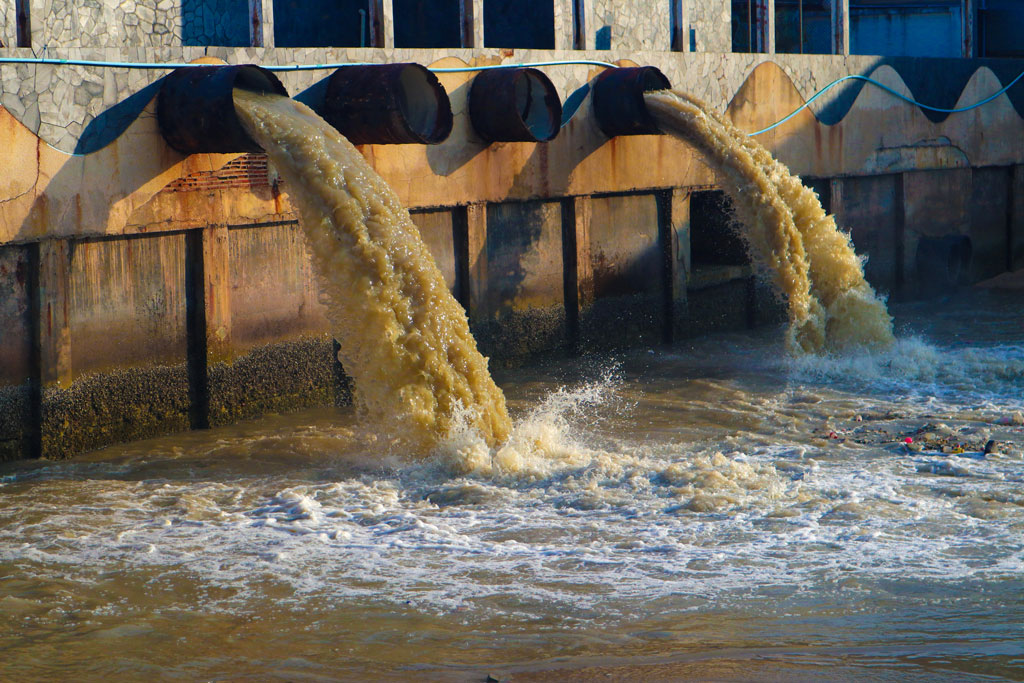The phrase “industrial waste” refers to any substance that has been rendered unusable throughout the course of a production process.
Industrial Waste Types
Hazardous or non-hazardous waste can be generated in the manufacturing process. It is important to remember that both might have a negative impact on the environment if they are not properly handled. Below is a list of some of the most frequent kinds of industrial trash that can pose a threat to human health and the natural world.
Toxic Waste
What Is Industrial Waste?
The most frequent sort of “industrial waste” is industrial solid waste, while the word encompasses several others. About 7.6 billion tonnes of industrial trash are generated and disposed of in the United States each year.
Waste material can be produced in the following ways in accordance with the Resource Management act:
- Generating electricity
- Agricultural and inorganic chemicals are commonly used in agriculture.
- The production of iron and steel products.
- Treatment of water
- The production of plastics and resin
- Other production procedures, such as those listed above, are also common.
Hazardous or poisonous industrial waste can be generated. Untreated industrial waste has the potential to contaminate nearby waterways like rivers and lakes and harm wildlife and the environment.
A common by-product of various processes in industries, hospitals, and manufacturing facilities is this form of industrial waste.
It’s crucial to keep in mind that state legislation on trash disposal might vary widely. As an example, asbestos is not classified hazardous waste in several states. However, in California, this is not the case. If the overall weight of the material exceeds 50 pounds, a hazardous waste disposal business must transport it.
It is not necessary to follow the same steps as if you had gathered more than 50 pounds of mesothelioma in the course of your company’s manufacturing process and transfer it to an asbestos disposal facility. Included on these are the manifest requirements.

Disposable Chemicals
Hazardous substances predominate in chemical waste. While the substance may be classed as harmful, this will not mean that it is.
According to the US Environmental Protection Agency, a substance must exhibit one or more of the following properties to be classified as hazardous: ignitability, corrosivity, reactivity, or toxicity.
Recycled Materials
Reusing non-hazardous secondary materials, such as scraps and residuals from the manufacturing process, is an important part of the EPA’s Sustainable Materials Management strategy.
Examples of secondary garbage are:
- Burning of coal
- Used sand from a foundry
- When infrastructure is demolished, construction materials are needed to replace it.
Industrial Waste Disposal: What Are My Options?
Your business and the neighbourhood can suffer if you don’t properly dispose of industrial waste. Pollutants can be discharged into the air, land, and water if garbage is not properly disposed of.
In addition to putting your company’s reputation and finances at risk, this recklessness can also result in hefty fines and negative press from which your firm may be unable to fully recover for coming years.
There are various locations in Southern California where you can dispose of your industrial waste. Since not all facilities accept all industrial waste, it’s crucial to check what items they accept before you go. Many refuse hazardous waste, whereas others accept specific types of rubbish.
Companies that deal with hazardous waste disposal provide a more secure and convenient alternative, and they may also assist in the removal of industrial trash.
For industrial garbage, the rules aren’t the same. A “cradle to grave” policy for hazardous industrial waste is an example. From the time it is generated to its final disposal, if you generate hazardous waste, you were legally and financially liable for its disposal, whether or not you own the site where it is generated.
